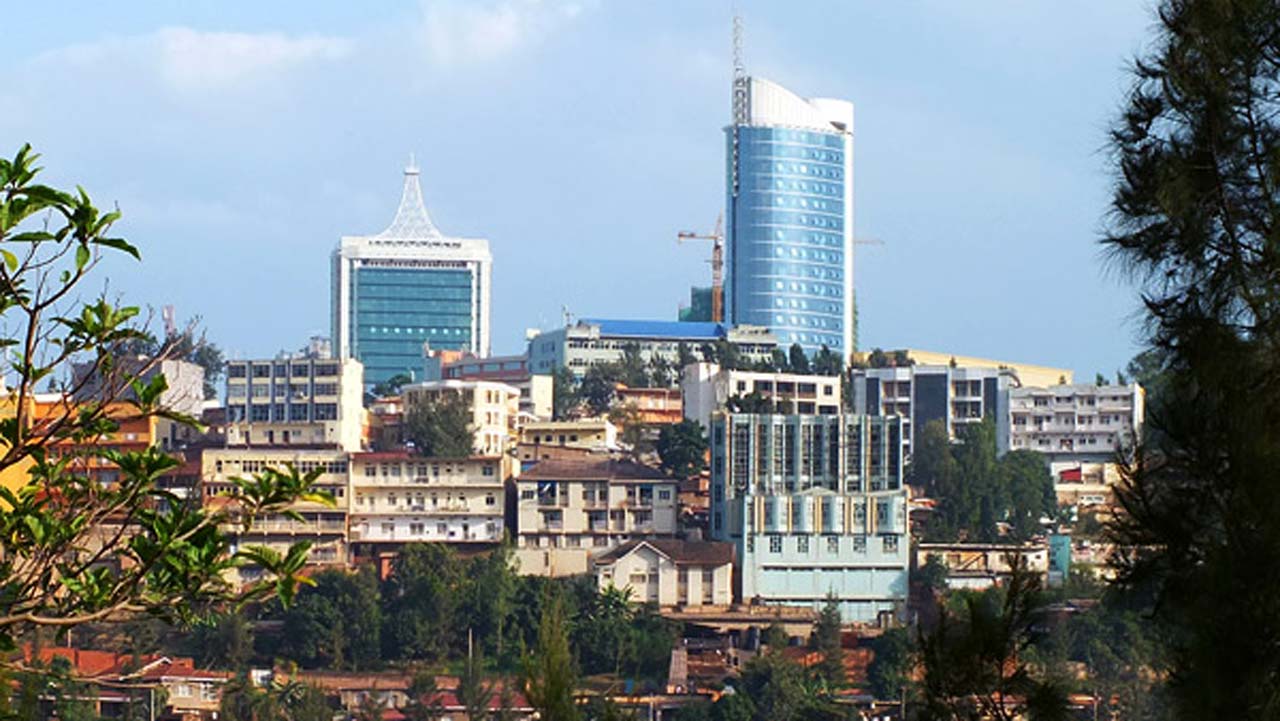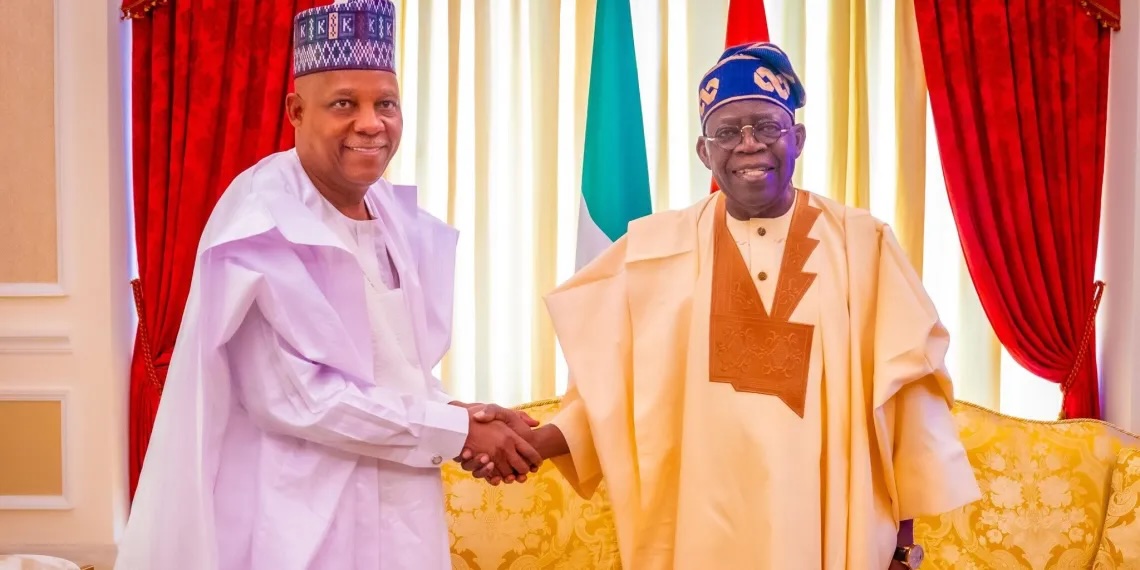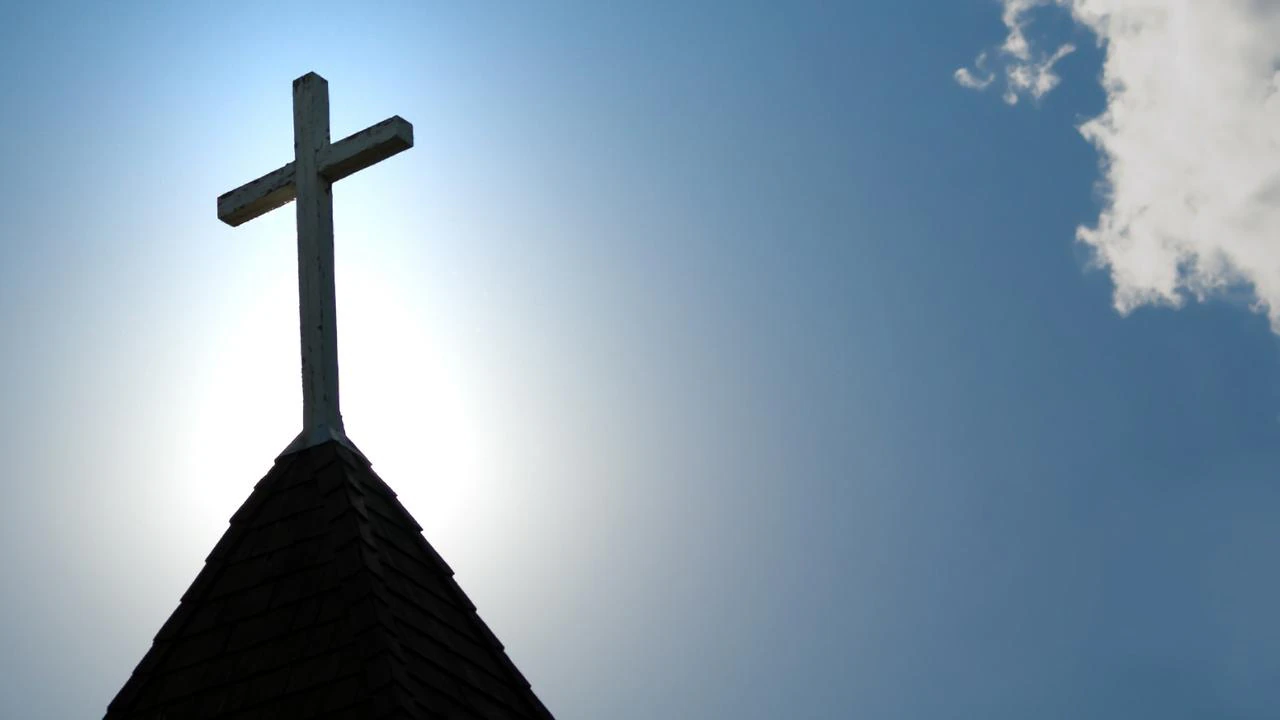
The rise of Rwanda from its nadir in 1994 when 800,000 people were killed in genocide against the minority Tutsi has been phenomenal. Economic and social indicators have out-performed other countries in Africa and around the world. How did Rwanda achieve this feat in just over two decades? Yes there are caveats to the story, notably, issues regarding the democratic process and the sustainability of this model. However, even with this caveat the Africa project can learn a lot from this Rwanda success story. How can Africa learn from this project and what are the implications for foreign partners?
I have used the project concept because in Africa, Asia, the America and Australasia the nation states were conceived and constructed by European powers and for much of Africa and Asia this nation state concept is very much in transition. Whereas Europe had negotiated and fought for centuries to develop its nation states, the countries in rest of the world it conquered, created and ruled were based on the interests of European powers, formalised at the Berlin conference in 1884. Fifty to 70 years ago, African and Asian countries were given independence with little preparation for their newly minted status. Since then they have faced major challenges and used a number of models in development with varying degrees of success.
The Rwanda case is a fascinating one that African countries could learn from. Rising from the ashes of the 1994 genocide, the country has made impressive economic and social gains. GDP (PPP) doubled from $575 in 1995 to almost $1,170 in 2012. Between 2001 and 2015 it achieved an average of 8% GDP growth rate.The total value of exports increased at a rate of 20% per annum in the decade up to 2014. Nearly 620,000 tourists visited Rwanda in 2010 – just short of a six fold increase on the 105,000 recorded in 2000.
Strong economic growth resulting in substantial improvements in living standards has been accompanied by significant gains in social indicators. The country spends huge proportions of its national budget on health and education. In 2011, almost 24% of total government expenditure went to health and 17% to education. It has achieved near-universal primary school enrolment. Life expectancy has risen from less than 48 years in 2000 to 65.7 years for women 62.4 years for men in 2011. Deaths of under-fives have fallen from 230 per 1,000 live births in 1998 to 55 in 2012. Infant mortality has also plummeted – from 120 deaths per 1,000 live births in 1998 to fewer than 40 in 2012. Rwanda tops the global league tables for the percentage of female parliamentarians. Fewer than 22% of MPs worldwide are women; in Rwanda, almost 64% are.
Rwanda achieved its success because its leaders had the vision, plan and ownership of the process. The emphasis has been on developing its infrastructure, that is the physical and soft infrastructure as defined in a paper published in this blog in 2013 (Africa must develop its infrastructure). The leadership has clearly outlined economic and social goals and measures that need to be taken in detailed plans on how to achieve them. The ownership factor has been crucial in the development process, because rather than allowing foreign partners to just jet in and prepare reports, make decisions on strategies, plans and their implementation, the Rwandan government has emphasised the importance of its citizens setting the development agenda and being involved in all aspects of the development project. It has clashed with foreign partners when it believes that policies advocated are not in the interest of the country. A notable current case is the importation of second hand clothes where the government is taking a hardline against such imports because of the damage to its textile sector, to the extent that it is willing to go against the U.S. which is arguing that the Rwandan policy contravenes the Africa Growth and Opportunity Act (AGOA) rules that gives goods from Africa preferential access to the U.S. market.
Key factors in the Rwanda story relate to corruption, efficiency and effectiveness of the government. The country was ranked as the third least corrupt country (tied with Mauritius) in Africa by Transparency International in 2017. The government has made major strides to create an efficient regulatory framework, which makes it much easier for private visitors, investors and aid organisations to operate in the country. Finally, in a continent noted for failed or abandoned projects it has been effective in its delivery. There are tangible physical evidence and solid statistics of project outcomes. Rwanda was the third ranked African country in terms of its competitiveness by the World Economic Forum at number 52, behind Mauritius and South Africa in 2016/17. In the table below compiled by The World Bank on ease of doing business, the country was ranked overall at 58 globally in 2017, an improvement on the previous year. It was the second highest ranked sub-Saharan African country in the index, after Mauritius. Amazingly, it was ranked fourth in registering property and second in getting credit in the world as a whole.
———————————-Ease of Doing Business – Rwanda’s ranking in the world
——————————————-2017 rank 2016 rank
Overall 58 59
Starting a business 76 109
Dealing with construction permits 158 110
Getting electricity 117 119
Registering property 4 12
Getting credit 2 2
Protecting minority investors 102 97
Paying Taxes 59 48
Trading across borders 87 131
Enforcing contracts 95 117
Resolving insolvency 73 69
Source: World Bank
The International Growth Centre in a review of the cost in terms of number of hours and monetary value of border and documentary compliance of members in the East African Community (EAC) found that Rwanda was the most competitive country in the group. Worldwide, it was ranked 87th, higher than Kenya, 105th, Uganda, 136th and Tanzania 180th.
The efforts of the Rwandan government have resulted in positive outcomes three areas. It has attracted foreign investors, tourists and foreign aid. In 2005, Foreign Direct Investment (FDI) was less than 5% of gross fixed capital formation; in 2015, these inflows amounted to 24%, 8-10 percentage points higher than other countries in the EAC. FDI reached $320 million in 2015, equivalent to 4% of GDP. This is well above the average for sub-Saharan Africa, comparable to Uganda and Tanzania and well ahead of Kenya. One crucial aspect of Rwanda’s FDI is that a high proportion (40%) comes from other African countries, an indication that other African countries view the country as a good and safe return on investment. The strong Rwanda brand has seen a very rapid expansion in tourism as noted above. Finally foreign aid donors have continued to pour aid at US113/head, much higher than the level of other countries in the region, because of the efficiency and effectiveness of projects in the country.
The Rwanda experience is far from perfect and has many issues. Firstly, it is a small country, in terms of population and area. There are only two ethnic groups and oneindigenous language compared to other African countries with multitudes of ethnic groups and languages. While the economy has grown significantly, it is still classified as a low income country with foreign aid forming an unusually large proportion of its economy and budget. The ethnic divide may not be highly visible but it is still a major underlying factor that caused the genocide and could still is a destabilising factor in the future. The major driving force is President Kagame, who is often viewed as the archetypical strongman. What happens if the Hutu majority is again mobilised against the Tutsi minority and/or when Kagame leaves office, dies or is toppled. There are allegations of political and press suppression that the government has yet to fully account for. The country has been accused of interfering in the Democratic Republic of Congo militarily and economically. However, even with these issues, which have yet to be fully validated, the country has achieved a lot since its nadir in 1994 and in many respects therefore the rest of Africa can learn from its experience. It should be noted also that when Kagame and his team ended the genocide they were benign in the treatment of the perpetrators, bringing to justice only the ring leaders even though a much wider group took part in these despicable actions.
The Africa project has a lot to learn from Rwanda as do the other projects around the world. After the passion of independence, the reality check of the day after the party the Africa project stalled and in some instances went off the rails. The Rwanda experience with the vision, plan and ownership of the Kagame regime is the antidote that many countries need. While many other countries have far more natural resources than this small country, they lag behind in so many ways. Governments are often viewed as the piggy bank that must be raided, jobs offered to friends and relatives without people manning those posts and/or providing any service, just receiving salaries and income from bribery. Consequently, citizens do not receive the services and investors are deterred from investing inbusiness ventures.
As noted above, there are issues with the Rwanda model, the most critical being democracy. The ideal scenario of free elections, media and judiciary is theoretically crucial in creating a framework for economic development. Empirical evidence however suggests that economic and social developments are not an increasing function of this democratic ideal. The greatest economic and social case in modern times, China has not followed that path. Other cases include Singapore and Malaysia, both projects created by Europe, which have experienced phenomenal economic and social development without going through this democratic ideal phase fully. Does it therefore matter to the poor peasant in rural areas and slum dweller in towns and cities? In cases noted above, governments have demonstrated vision, plans, ownership and investment in infrastructure, critical factors that have spurred and nurtured investment by local and foreign investment.
In Africa in the 1960s and 70s Houphouet Boigny of Ivory Coast was the best example of such leadership which led to the transformation of that country in terms of its physical infrastructure although he was not so successful in building the country’s soft infrastructure. In the last two decades Ethiopia is another example of rapid economic and social transformation but with allegations of political repression. Other African countries like Cape Verde, Mauritius and Botswana have demonstrated good governance, low level of corruption and high efficiency levels. Ghana is the gold standard in terms of parliamentary democracy having changed governments several times in the last two decades. However none of these other African countries have achieved the performance of Rwanda in terms speed and rate of economic and social transformation. In the case of Ghana, ironically, the democratic process, which entails compromises and rewarding loyal voters, may have hampered its efforts to minimise corruption and improve efficiency. I have therefore highlighted the Rwanda experience as an example for other African countries for a reasons noted above. African countries can and must learn from each other as this is the best way, because it is not through a text book process or fleeting visits by consultants but the practical approach, a country with similar background which has proven it can be done. Using Rwanda as a case study is also a significantly cheaper process. This does not meanthat outside assistance is not required.
Major foreign partners need to use Rwanda as a model for other African countries. The key players are likely to be Europe and China. Europe, which conceived the Africa project and has the strongest link recently announced at the G20 meeting a “Compact with Africa” initiative which aims to increase investment in Africa with the aim of reducing corruption, improving the regulatory environment, and enhancing skills. This German initiative should be welcomed. China which has increased its commitment to the continent in terms of aid and trade needs to up its game in terms of ownership and corruption issues and go beyond viewing the continent as merely a source of raw materials. These are dark days for USA/Africa partnership under the Trump administration. This was evident in the recent G20 meeting in Germany when he left the room during discussions on the German proposal on Africa. That combined with his American First ideology, sharply reduced state department budget and other developments suggest a significant retrenchment in American engagement with Africa other from a military perspective – note the recent bombing in Somalia. The focus of these project partners must be improvement of Africa’s physical and soft infrastructure to ensure that aid is more effective and the continent is more attractive for both domestic and foreign investors. This focus makes the Rwanda model very relevant.
• Rogers is principal consultant at Media and Event Management Oxford.






